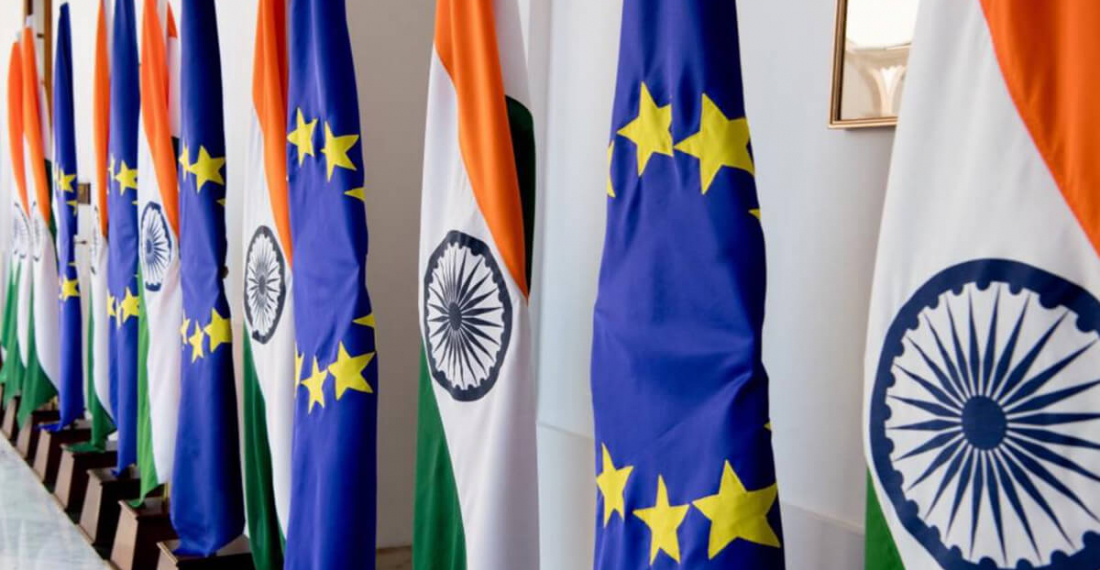The European Union wants to resume negotiations for a free-trade agreement with India. This Saturday (8 May), EU leaders will meet virtually with the Indian Prime Minister, Narendra Modi, to discuss the strengthening of relations. The expectation is a "breakthrough" in the relationship, say senior EU diplomats.
According to the Portuguese Minister of Foreign Affairs Augusto Santos Silva, the 27-nation bloc wants to restart talks on three agreements: the protection of geographical indication, reciprocal investments, and a pact to foster Indo-European trade. Portugal will host the summit on Saturday in Porto.
India's prime minister spoke to the President of the European Commission Ursula von der Leyen on Monday (3 May) about reviving the trade talks, which have been stalled since 2013. The pair will be joined by the President of the European Council Charles Michel, and the German Chancellor Angela Merkel for the virtual meeting. Michel will also talk to Modi before the Saturday summit. Ties between the EU and India have already become closer in recent years.
According to senior EU diplomats, the strengthening of ties with India reflect European appreciation and recognition of the "natural ally" they see in the "world's largest democracy". "China needs to understand that it is not the only player in this part of the world," said an EU diplomat.
The EU is India's largest trading partner, accounting for €80 billion worth of trade in goods in 2019 or 11.1% of total Indian trade, on par with the United States and ahead of China (10.7%). The EU is the second-largest destination for Indian exports (over 14% of the total) after the USA.







